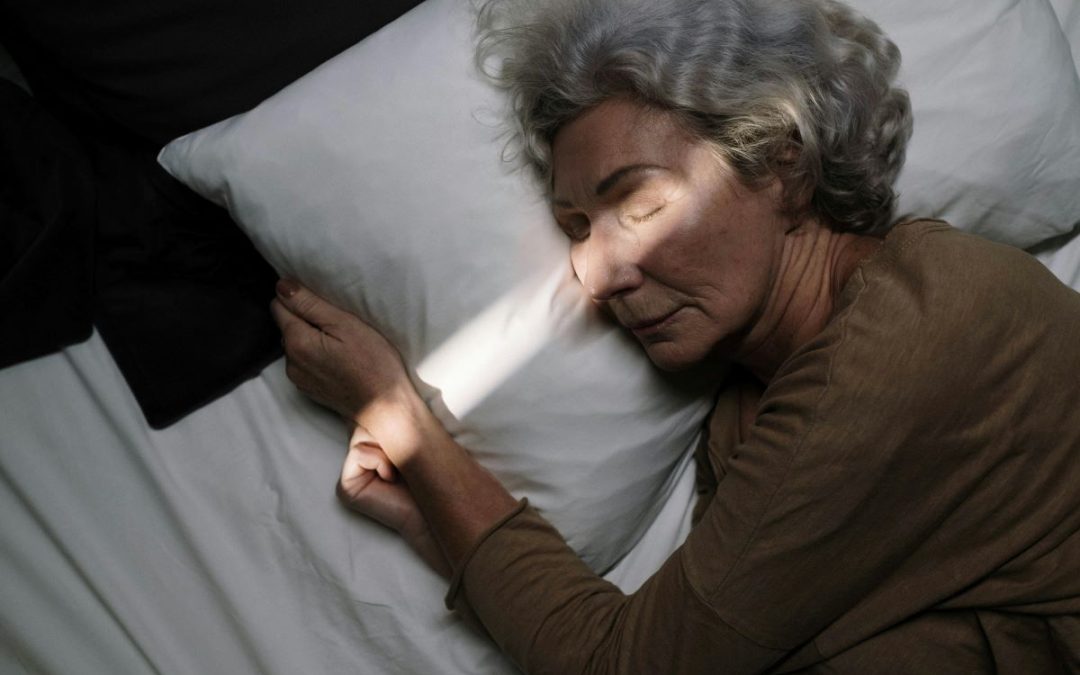Photo via Pexels

Importance of Sleep at Different Ages
The importance of sleep at different ages is, without a doubt, overlooked. Sleep is necessary for allowing your mind and body to re-energize so that you can be alert and revived when you are awakened. With quality sleep, your body is able to maintain good health while warding off illnesses. However, without adequate sleep, your brain cannot perform as it should. This can compromise your ability to think rationally, process memories, and focus.
Impacts of Sleep at Each Life Stage
While everyone sleeps and wakes up at different intervals, quality sleep is always needed. Let’s take a look at the impacts of sleep at each life stage.
Babies and Children
Babies and children need much more rest in comparison to adults. On average, newborns sleep between 16 to 20 hours per day, which underscores the importance of sleep at different ages. Adequate amounts of sleep are crucial for babies and children due to the growth and rapid brain development that happens at this age. A deep sleep called non-rapid eye movement is what children spend a lot of their time in and it’s an opportunity for the body to restore. During this time, the body releases hormones that promote growth and development while sleeping.
Teenagers
Teenagers often need approximately 8 to 10 hours of sleep per night. Since they are heavily involved with obligations at school and in social circles, just 15% of teenagers actually get an adequate amount of sleep. Also, hormonal changes can cause alterations in the internal clocks which results in teens not getting sleepy until later on in the night.
Adults
Adults need 7 to 9 hours of sleep each night. With an overwhelming amount of priorities and obligations, many adults do not get the quality sleep they need. It’s common for adults to experience changes in their bodies such as fluctuations in hormones and mental stress. It’s also common for adults to have other issues including sleepwalking, sleep apnea, and gastroesophageal reflux (also known as GERD). All of these issues can interrupt the normal sleep pattern.
Older Adults (Seniors)
Seniors need an average of 7 to 9 hours of sleep per night so that their bodies can be in the best position to operate while warding off illnesses, decreasing the risk of accidents, and boosting concentration. While there’s a huge importance of sleep at different ages, seniors have internal clock changes that are similar to teenagers. These changes can make it challenging to get a good night’s rest. The combination of sleep pattern changes, medications, and health issues magnifies the impact on sleep.
Tips for Enhancing Sleep Quality
Sleep is a crucial element of your health and well-being, particularly if you’re a senior. As you advance in age, a variety of factors such as health issues, certain medications, and lifestyle changes can interfere with your sleep patterns, resulting in a lower quality of sleep. From setting up the right sleep environment to embracing certain routines, there are strategies that can help you get the restful sleep you deserve.
Incorporate a Healthy Diet
You should incorporate a healthy diet into your daily routine and be cautious about what you consume hours before preparing for bed. Some ways to improve sleep include avoiding alcoholic beverages before bedtime, limiting foods that are high in sugar, and decreasing your caffeine intake late in the day.
Exercise
Activities such as exercising disperse chemicals throughout your body that can improve your sleep. Some common exercises include dancing, swimming, cycling, and golfing.
Decrease Mental Stress
High amounts of stress throughout the day can disrupt sleep throughout the night. Some ways to reduce stress include listening to calming music, incorporating relaxation methods to get the body ready for sleep, and getting a massage.
Help With Sleep
From infants to seniors, adequate and quality sleep is a critical necessity that’s pivotal to your mental well-being, physical health, and overall quality of life. Having a firm grasp of the unique sleep needs across different ages can help you make informed decisions about your own sleep habits. By making sleep a priority, you’re not just getting a good night’s rest—you’re safeguarding your brain function and overall health.
With that being said, quality sleep can be challenging to achieve for those who have limited care or are living alone. If you would like to learn more about senior care, contact the professional and courteous team at Sandyside Senior Living online or call (248) 698-3700.

